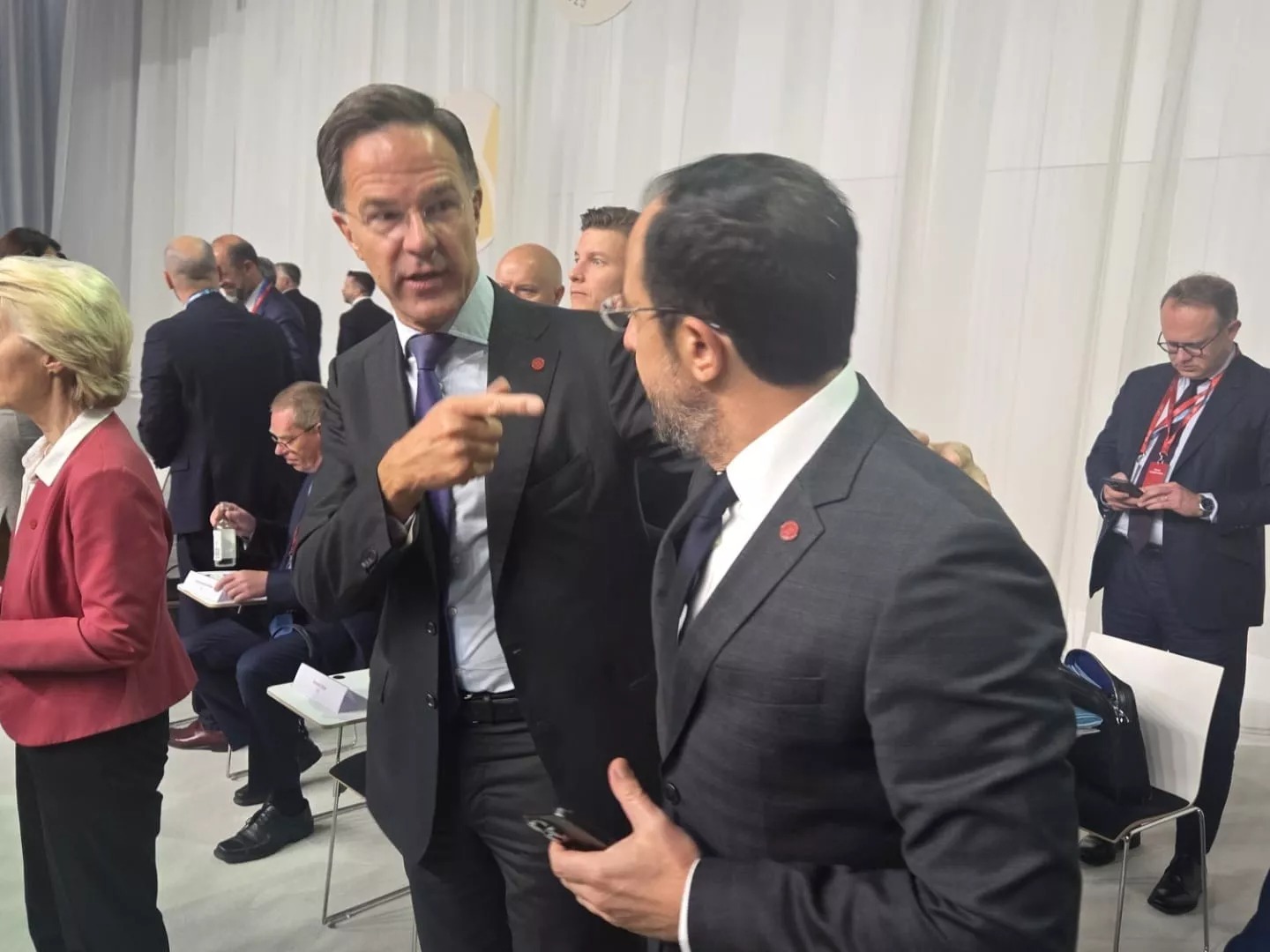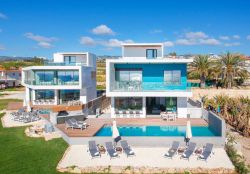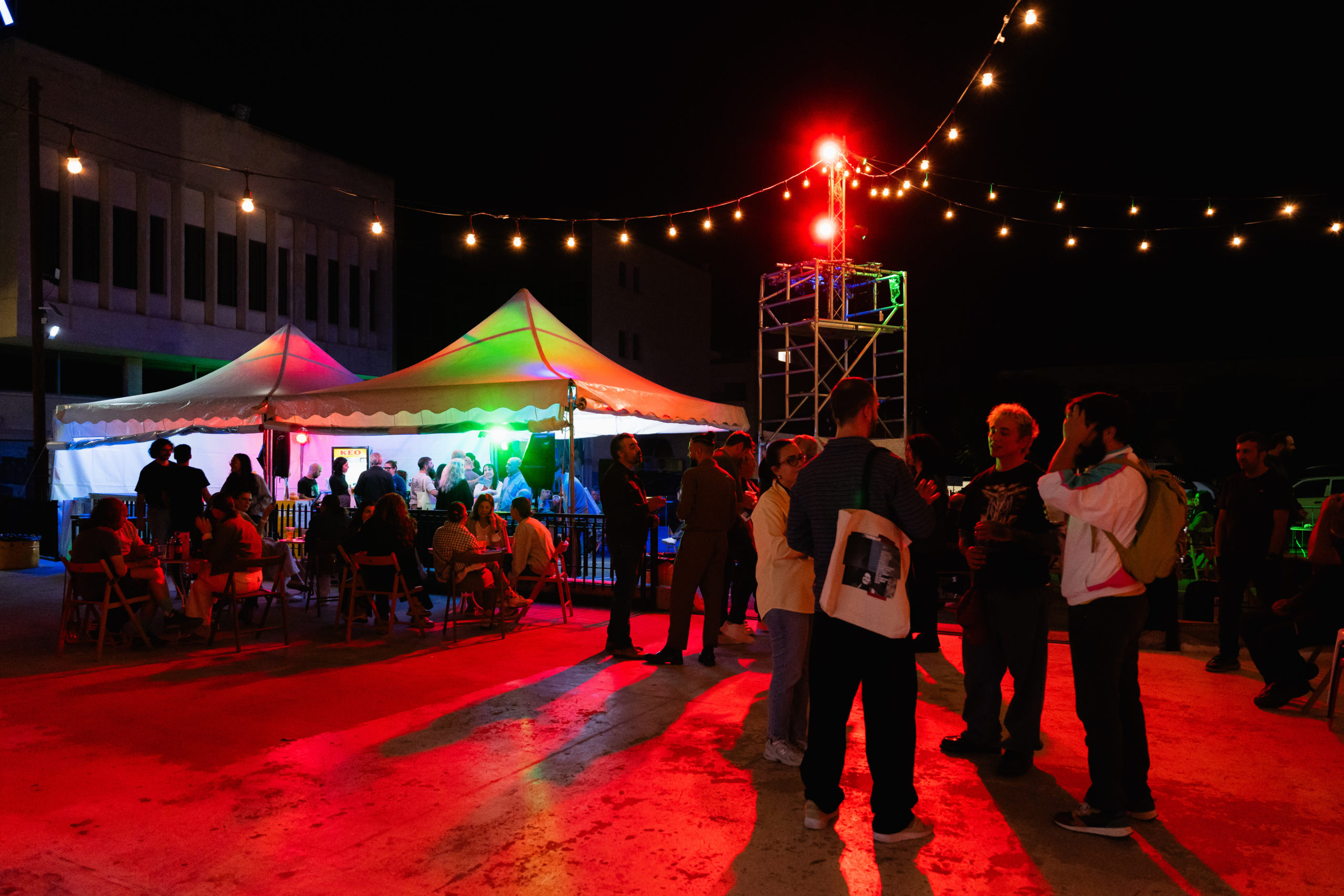NATO chief Rutte requested meeting with Christodoulidis over Turkey’s SAFE programme bid
Source: in-cyprus.com
NATO Secretary General Mark Rutte initiated a meeting with Cyprus President Nikos Christodoulides on the sidelines of an informal European Council summit in Copenhagen to advocate for Turkey’s participation in the European Union’s SAFE defence programme, with Ankara expressing frustration over its inability to access the initiative.
The meeting’s subject was Turkey’s participation in the EU’s Security Action for Europe programme.
Ankara has grown increasingly irritated by its inability to gain direct participation in SAFE, which would provide access to funds designated for the defence industry.
Turkey, recognising that clauses inserted by the EU prevent direct programme access, has once again deployed significant diplomatic pressure through NATO, sources said.
NATO deployed Rutte to approach Christodoulides on Turkey’s behalf
Christodoulides and Rutte have known each other for some time and met several times in the past when the latter served as prime minister of the Netherlands.
Turkey wants to exploit this Christodoulides-Rutte relationship to bypass the Cypriot obstacle and gain deep access to the SAFE programme, sources said.
The NATO secretary general during the informal Copenhagen summit requested to meet President Christodoulides both to convey that Turkey is angered by its inability to participate in SAFE and to ask him to be positive towards the Turkish request for programme participation. Turkey claims it will fall behind on equipment matters.
Rutte assumed contractor role to assist Turkey’s SAFE bid
Turkey formally submitted an application for SAFE programme participation on 11 September.
Immediately afterwards, NATO Secretary General Mark Rutte appeared before Coreper, the committee of 27 EU ambassadors, to support Turkey’s participation in the SAFE programme.
As the Athens newspaper Kathimerini revealed at the time, during the meeting with European ambassadors, Rutte requested EU member states give Turkey a “vote of confidence” for SAFE participation.
According to published information, this is not the first time the NATO secretary general has attempted to encourage EU defence cooperation with Turkey.
However, his previous interventions were not as direct, as this marks the first time he has appeared at a Coreper session.
The move comes almost simultaneously with the European Commission’s confirmation that Ankara submitted an expression of interest application to the SAFE programme.
Double veto and EU conditions block Turkish participation
Turkey’s SAFE participation is not straightforward, as it requires unanimous agreement from all 27 EU member states.
Given the current situation—with Turkey occupying part of the Republic of Cyprus and continuously threatening both Cyprus and Greece—a double veto from Nicosia and Athens regarding Turkish participation exists from the outset.
European Council President António Costa, during his visit to Nicosia, was clear from the EU institutions’ perspective regarding prerequisites for third-country participation in the SAFE programme: “The rules of the SAFE programme are very clear. It is open to third countries, but to third countries that do not pose a threat to the security of any member state. States that attack or threaten the security of a member state cannot be allowed to use SAFE. And for SAFE to be used by a third country, it must sign a defence agreement that must be approved by all member states”.
Christodoulides points Turkey towards Cyprus settlement talks as positive gesture
President Christodoulides was sufficiently clear in his response to Mark Rutte and by extension to Turkey itself, sources said.
The president stated that EU regulations regarding third-country participation must be respected by all without exceptions, and that a positive gesture from Turkey would be to demonstrate intentions through the Cyprus issue, meaning all parties should return to the negotiating table, sources said.
From Copenhagen, President Christodoulides reiterated his opposition to participation by countries that violate in any way the sovereignty and territorial integrity of EU member states.
The president, who participated in both the informal European Council summit and the European Political Community summit, emphasised three key points during consultations:
First, the principle that countries violating the sovereignty or territorial integrity of EU member states cannot participate in the SAFE instrument.
Second, he supported strengthening EU-NATO cooperation without imposing restrictions on the 27 member states, ensuring Europe’s independence in defence matters.
Third, he insisted on the need for a comprehensive 360-degree strategy, where the EU will not focus solely on Ukraine but will act as a protagonist in other critical regions such as the Middle East, whilst strengthening Cyprus’s defence infrastructure, including bases at Mari and Paphos.
Greek prime minister maintains firm opposition citing Turkish threats
Greek Prime Minister Kyriakos Mitsotakis was in turn sufficiently clear in all his statements regarding Turkey’s participation in the SAFE programme, clarifying that Turkish participation cannot exist whilst Ankara maintains its casus belli and challenges Greek sovereignty.
Athens during negotiations in previous months managed, as diplomatic sources said at the time, to secure “strong legal foundations regarding the preconditions for candidate country participation”. The same sources noted last May that the critical stage is the EU’s bilateral agreements with third countries, and “with Greek intervention, unanimity is required for signing any such bilateral agreement”.
Turkish defence firms could access programme indirectly through European subsidiaries
Whilst EU doors for Turkey’s SAFE programme participation appear currently closed, loopholes exist that Turkish companies can exploit.
Concluding a security agreement and commercial agreement at defence industry level between Turkey and the EU is extremely difficult due to the distance separating them on common foreign policy issues. However, Turkey can conclude a commercial agreement that requires a qualified majority.
On the other hand, Turkish companies can indirectly access SAFE funds due to their presence in Europe. A characteristic example is Turkish unmanned aerial vehicle manufacturer Baykar, which purchased Italian company Piaggio Aerospace, through which it can promote its products in Europe.
For Ankara, a strong card in its entire effort is the fact that major EU countries such as Germany, Spain and Italy have no objection to the participation of the powerful Turkish defence industry in armament programmes.
French reactions, on the other hand, are more about matters of principle to secure a larger share for its own industry.
These countries’ notes—which happen to be Turkey’s NATO partners—record that Turkey is “a good customer”, with a footnote about the purchase of 40 Eurofighter Typhoons, a consortium including Germany, Britain, Italy and Spain.
EU’s €150 billion SAFE programme targets defence readiness
SAFE constitutes a new EU financing instrument that will be funded through borrowing, with the European Commission issuing up to €150 billion in financing by the end of the decade to help member states increase spending on common defence procurement.
SAFE supports the objectives set by the European Council in March 2025 for increasing defence readiness. It constitutes the first pillar of the European Commission’s ReArm Europe 2030 Plan/Readiness, which aims to unlock over €800 billion in defence spending across the EU.
The initiative complements existing EU efforts through strengthening national defence budgets through greater flexibility under the Stability and Growth Pact, facilitating defence-related investments through EU cohesion and regional funds, leveraging support from the European Investment Bank, and mobilising private capital to support strategic defence initiatives.
Cyprus will receive €1.18 billion from the SAFE programme. Cyprus is among 19 member states that have expressed their intention to participate in the programme to strengthen their defence readiness. The Commission approved the disbursement of €787.7 million for Greece.
Programme entered force in May 2025 with November deadline
SAFE entered into force on 29 May 2025, following its publication in the Official Journal of the European Union. Member states can submit national plans to access financing and begin implementing procurement projects aligned with EU priorities.
Once received, the Commission will begin examining and evaluating the initial batch of National Defence Investment Plan proposals submitted under SAFE.
By 30 November 2025: Submission of National Defence Investment Plans By January 2026: Approval of Council implementing decisions By February 2026: Negotiation of loan agreements and operational arrangements, activating pre-financing
SAFE will fund two categories of priority defence products
SAFE supports the procurement of priority defence products grouped into two categories:
Category 1: Ammunition and missiles, artillery systems, ground combat capabilities and their support systems, including soldier equipment and infantry weapons, small unmanned aircraft (NATO class 1) and related counter-unmanned aircraft systems, critical infrastructure protection, cyberspace, military mobility.
Category 2: Air and missile defence systems, maritime surface and submarine capabilities, unmanned aircraft other than small unmanned aircraft (NATO classes 2 and 3) and related counter-unmanned aircraft systems, strategic enablers such as, indicatively, strategic airlift, air-to-air refuelling, C4ISTAR systems, as well as space assets and services, space asset protection, artificial intelligence and electronic warfare.
In both categories, procurement contracts must ensure that at most 35 per cent of component costs originate from countries outside the EU, EEA-EFTA or Ukraine.
Category 2 projects must meet stricter eligibility terms, including contractors holding the capability to modify equipment if necessary without restrictions from outside the EU.
Read more:
The original article: belongs to in-cyprus.com .





